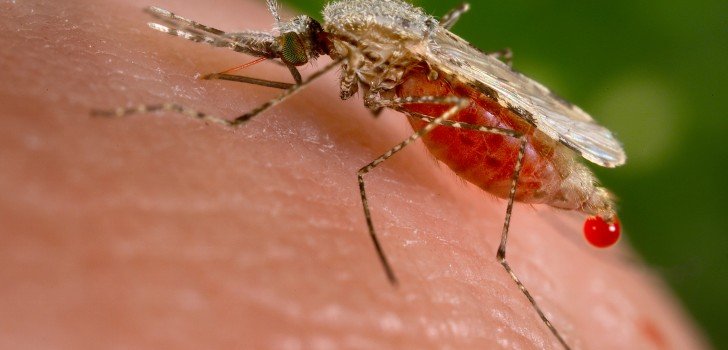A new study has found that long-term exposure to even minute amounts of one of the most well known and easily accessible chemical weed killers – Roundup – could lead to serious kidney and liver problems.
The study backs a 2012 study that found rats given tiny amounts of Roundup in drinking water suffered kidney and liver damage.
The amount the new study by London’s King’s College refers to is thousands of times lower than what is permissible in U.S. drinking water.
Study senior author and head of King College’s Gene Expression and Therapy Group, Michael Antoniou, said the study is the first that looked into the effect of chronic, low exposure of Roundup on liver and kidney genes which suggests further potential health problems for humans and animals from the globally used weed killer.
“Given even very low levels of exposure, Roundup can potentially result in organ damage when it comes to liver and kidney function,” he said. “The severity we don’t know, but our data say there will be harm given enough time.”
According to estimates, sales and use of Roundup in the U.S. have skyrocketed by 250 times over the last four decades
There has been a growing amount of evidence that shows glyphosate, which is Roundup’s main ingredient, is toxic. Experts have suspected it might be the cause of a kidney disease epidemic in parts of Central American, India and Sri Lanka.
Glyphosate has also been at the center of the genetically modified food debate because many seeds from Roundups manufacturer Monsanto are engineered genetically to withstand the weedkiller. Environmental groups and health researchers and activists have called for a ban on the product or at least more strict regulations for glyphosate,
Last March the World Health Organization’s (WHO) International Agency for Research on Cancer said it had determined glyphosate is probably cancer-causing.
Antoniou said the latest study had compared female rats and mice that had been part of a 2012 research group given Roundup to rats that had not been given the weedkiller and had found “big differences” in their genes.
Nichelle Harriott, of the Washington D.C.-based nonprofit group Beyond Pesticides, said based on the fact the study had “used very low dose levels in drinking water, as a country that uses a lot of glyphosate and it’s found widely across U.S. streams, this study should have some kind of public health influence.”
Monsanto has yet to comment on the King’s College study, but in the past has vigorously Roundup’s safety.
Stay Connected